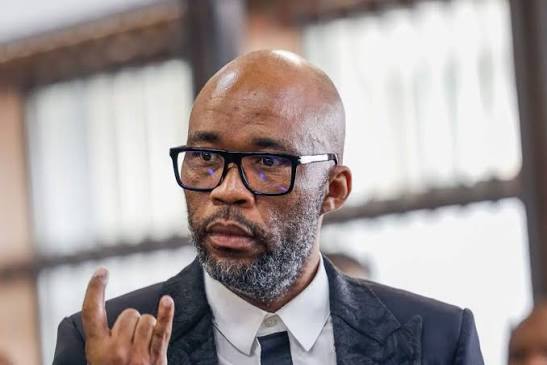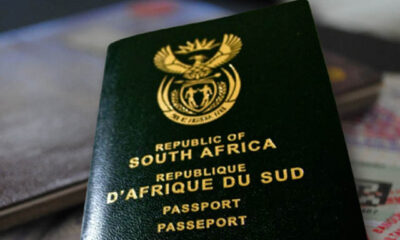A fleet of luxury vehicles, including a BMW X5 and a Mercedes-Benz, donated to the Ekurhuleni Metro Police Department (EMPD) by a controversial businessman was a transaction that “should have raised red flags” from the start, a judicial commission has heard.
In startling testimony at the Madlanga Commission of Inquiry, Xolani Nciza, the former divisional head of employee relations for the City of Ekurhuleni, detailed how the donation from CAT Security Protection Serviceslinked to businessman Vusimuzi “Cat” Matlalacompletely bypassed official policy and was facilitated by a senior police official.
A Donation with No Paper Trail
The core of the issue, according to Nciza, was the total absence of a legal framework. He testified that there was no formal donation agreement or a scrutinized memorandum of understanding (MOU) with the municipality, as required by law.
“This is grossly dishonest, in my view, to say that there is a memorandum when such does not exist,” Nciza stated, directly contradicting a letter written by suspended EMPD acting chief Julius Mkhwanazi.
Nciza emphasized the city’s strict gifts and donations policy, which is designed to prevent the government from aligning with “a person or entity that is questionable.” He argued that Mkhwanazi’s proper course of action should have been to formally report the EMPD’s capacity shortages to the council and request official resources, not to accept a private donation.
The “Mind-Boggling” Registration Process
The vehiclesa BMW X5, a Mercedes-Benz C-Class, a BMW 3-Series, and a VW Golfwere nevertheless registered under the municipality’s name and fitted with official blue lights.
Nciza revealed that this was facilitated by Mkhwanazi through a fleet corporate proxy, Chris Steyn. In a letter read to the commission, Steyn claimed Mkhwanazi approached him in December 2022 about the donation. Steyn registered the vehicles in January 2023 after being provided with the documents, only for Mkhwanazi to notify him a month later that the donation was “cancelled” and the documents needed to be transferred back.
Nciza described this sequence of events as “mind-boggling.”
Who Really Benefitted?
The testimony raised a critical question: if the municipality never truly took ownership of the cars, what was the purpose of briefly registering them under the EMPD?
Nciza suggested a disturbing potential benefit: the cars gained a form of state-sanctioned immunity. “If these vehicles encountered any form of scrutiny by any law enforcement agencies… that law-enforcement agency would have probably said they are municipal vehicles and therefore let me back off,” he testified.
He confirmed the city derived no benefit, as the vehicles continued to be used by the donor and were never handed over. The entire arrangement, he implied, was less a donation and more a potential scheme to cloak private vehicles in the authority and protection of the state.




























